Weekend Warrior Projects: Home Upgrades You Can Do in 48 Hours or Less
You’ve got a free weekend, a toolbox collecting dust, and that nagging feeling your home could use a little love. Sound familiar? Good news—you don’t need a full renovation or a contractor to breathe new life into your space. There are plenty of home upgrades you can knock out in 48 hours or less that still feel like major wins. Whether you’re itching to boost curb appeal or just want to make your kitchen a bit more functional, these weekend warrior projects are totally doable and super satisfying.
Paint That Room You’ve Been Avoiding

If there’s a room in your house that just feels blah, a fresh coat of paint can work wonders. Whether it’s a tired bedroom or a boring hallway, paint is one of the easiest and most transformative tools in your DIY arsenal. With a bit of prep, the right tools, and a few uninterrupted hours, you can give an entire room a whole new vibe. Want to get bold? Try an accent wall. Prefer a subtle refresh? A clean, neutral shade can open things up and brighten your space without being dramatic.
Swap Out Old Hardware
This one might seem small, but updating hardware—think cabinet handles, drawer pulls, and door knobs—can give your home an instant modern touch. It’s one of those details people notice without realizing why the space feels so much fresher. Plus, it’s easy enough to do in an afternoon, and you don’t need any serious DIY skills. All it takes is a screwdriver, a little patience, and some stylish new pieces to elevate your kitchen, bathroom, or even bedroom furniture.
Upgrade Your Lighting
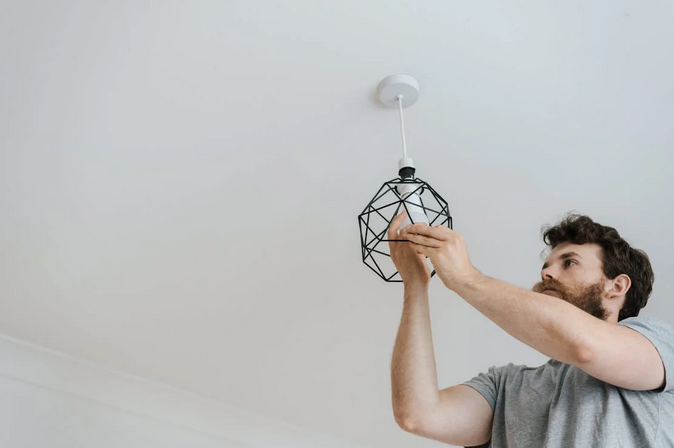
Lighting has the power to completely change the mood of a room. Swapping out an outdated ceiling fixture, adding under-cabinet lighting in the kitchen, or even just changing the style of your lampshades can make a huge difference. You could also try installing a dimmer switch to instantly give your room more flexibility and ambiance. It’s a surprisingly easy upgrade that adds a polished, cozy feel—and it can be done over the weekend.
Create an Entryway That Works
If your front entryway or mudroom is more chaos than charm, it’s time to give it some attention. Creating a functional and stylish drop zone can be as simple as adding a bench, a few hooks, and a shelf. You don’t need custom carpentry—just a weekend, a bit of organization, and maybe a trip to the home store. With a little effort, you’ll have a space that helps keep your home tidy and looks great the moment guests walk through the door.
Refresh Your Outdoor Space
Even if you’re not ready to tackle a full landscaping job, your outdoor area can benefit from a quick spruce-up. Power wash your deck or patio, repaint the front door, add some potted plants, or build a small raised garden bed. These kinds of improvements are low-cost, low-stress, and high-reward—perfect for a sunny Saturday and Sunday. You’ll feel like you expanded your living space without actually doing any construction.
You don’t need a full renovation or weeks of planning to make your home feel brand new. Sometimes, it’s the little things—like fresh paint, new hardware, or a smarter layout—that can totally change how a space feels. Weekend warrior projects are all about using your limited time to create maximum impact. So pick one (or two), grab your coffee, put on a good playlist, and get to it. You’ll be amazed at what you can accomplish in just 48 hours.…



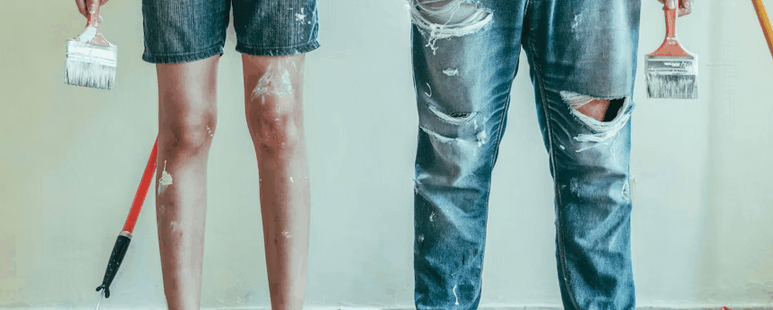
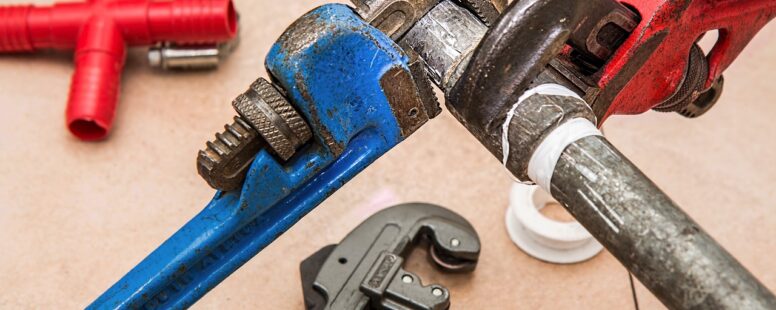
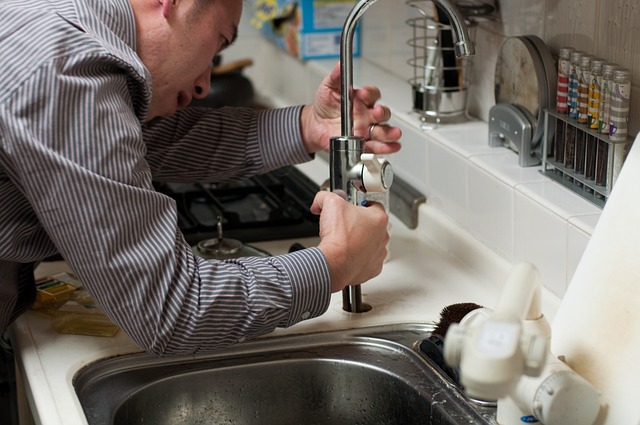
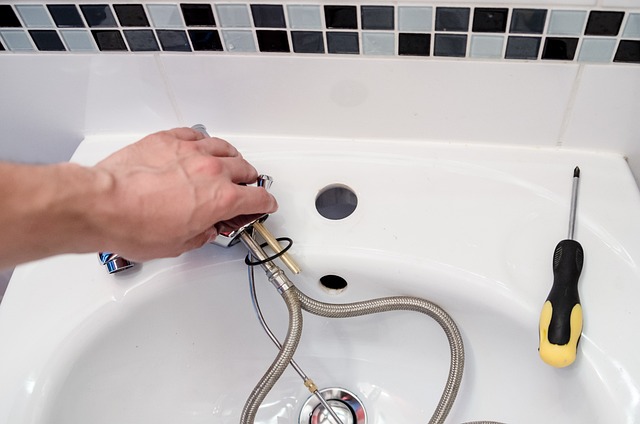
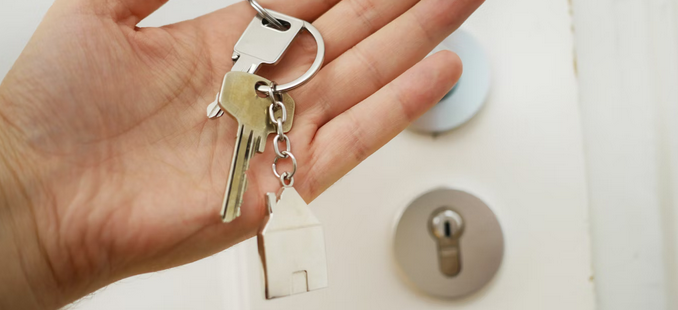


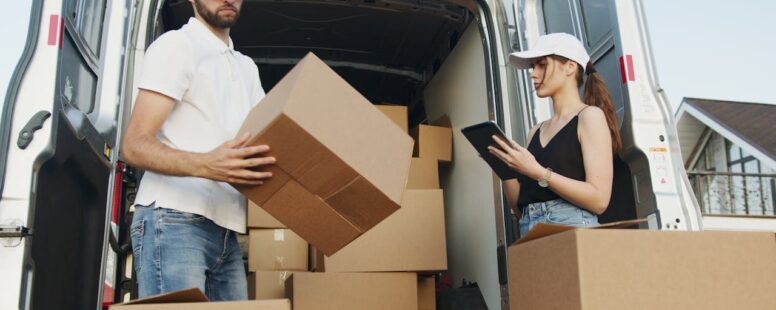
 Dust, grime, and dirt can often build up over time, especially on the back and underneath areas of your appliances. Failing to clean your appliances before the move can lead to a messy situation in your new home and even affect their performance. Imagine unpacking a dirty refrigerator or stove in a freshly cleaned kitchen – not ideal. Taking the time to thoroughly clean your appliances before moving will not only ensure they look presentable in your new space but also help prevent any potential damage during transit.
Dust, grime, and dirt can often build up over time, especially on the back and underneath areas of your appliances. Failing to clean your appliances before the move can lead to a messy situation in your new home and even affect their performance. Imagine unpacking a dirty refrigerator or stove in a freshly cleaned kitchen – not ideal. Taking the time to thoroughly clean your appliances before moving will not only ensure they look presentable in your new space but also help prevent any potential damage during transit. Aside from that, failure to secure your appliances can result in damage or even accidents during transportation. To avoid this costly mistake, make sure to use appropriate packing materials such as straps, ropes, and blankets to secure your appliances in place. This will help prevent them from shifting around and getting damaged while on the move. Additionally, consider using appliance dollies or sliders to safely transport heavy items like refrigerators or washing machines. These tools not only make it easier to move large appliances but also help keep them stable during transportation.…
Aside from that, failure to secure your appliances can result in damage or even accidents during transportation. To avoid this costly mistake, make sure to use appropriate packing materials such as straps, ropes, and blankets to secure your appliances in place. This will help prevent them from shifting around and getting damaged while on the move. Additionally, consider using appliance dollies or sliders to safely transport heavy items like refrigerators or washing machines. These tools not only make it easier to move large appliances but also help keep them stable during transportation.…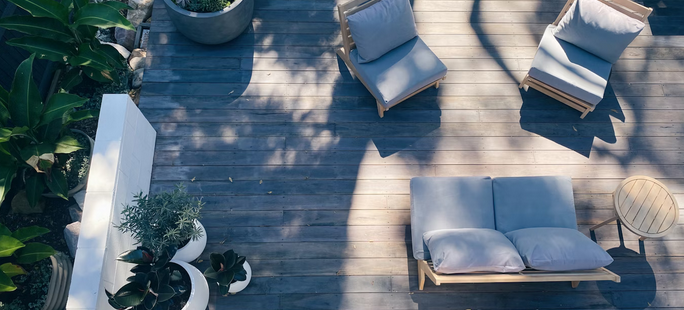
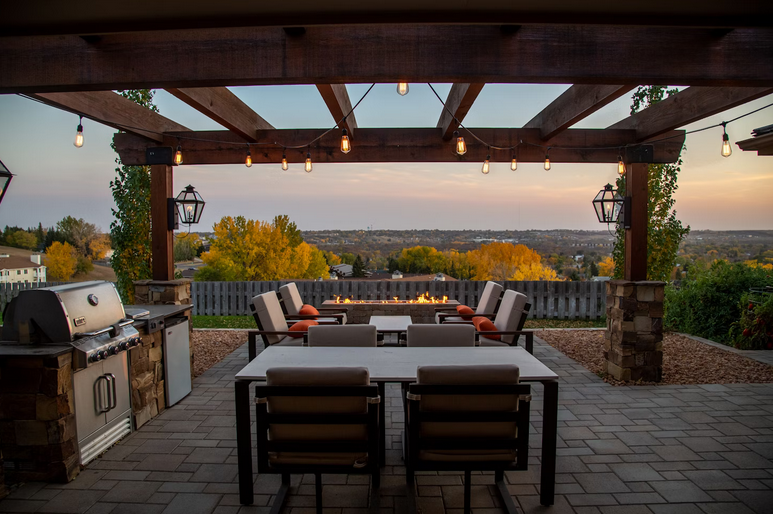
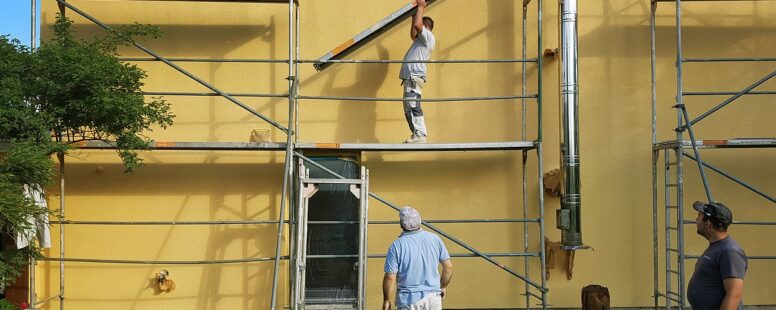
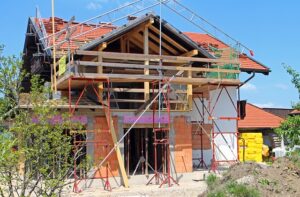 This step is like peeling back the layers of history that have accumulated over the years. Begin by assessing the structural integrity of the building – check for signs of water damage, cracks in walls, or uneven floors. Don’t forget to inspect hidden areas such as attics and basements where issues may be lurking out of sight. Electrical wiring, plumbing systems, and HVAC units should also undergo thorough scrutiny to ensure they meet current safety standards. Look beyond cosmetic flaws and delve into the bones of the house to uncover any potential red flags that could impact your renovation plans down the line.
This step is like peeling back the layers of history that have accumulated over the years. Begin by assessing the structural integrity of the building – check for signs of water damage, cracks in walls, or uneven floors. Don’t forget to inspect hidden areas such as attics and basements where issues may be lurking out of sight. Electrical wiring, plumbing systems, and HVAC units should also undergo thorough scrutiny to ensure they meet current safety standards. Look beyond cosmetic flaws and delve into the bones of the house to uncover any potential red flags that could impact your renovation plans down the line.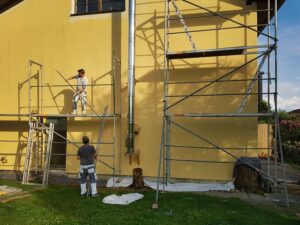 Speaking of energy efficiency, it’s, in fact, a must-do in your remodeling list. The key here is to assess areas where energy may be wasted, such as outdated insulation or drafty windows. Consider installing energy-efficient appliances and lighting fixtures to reduce electricity consumption. Another way to increase energy efficiency is by investing in good, renewable energy sources like solar panels or geothermal heating systems. In the end, renovating an older property requires patience, attention to detail, and careful planning. With the right approach, you can turn a dated house into a modern sanctuary that reflects your style and personality. So roll up your sleeves, get creative with design ideas, and enjoy the transformation from fixer-upper to dream home.…
Speaking of energy efficiency, it’s, in fact, a must-do in your remodeling list. The key here is to assess areas where energy may be wasted, such as outdated insulation or drafty windows. Consider installing energy-efficient appliances and lighting fixtures to reduce electricity consumption. Another way to increase energy efficiency is by investing in good, renewable energy sources like solar panels or geothermal heating systems. In the end, renovating an older property requires patience, attention to detail, and careful planning. With the right approach, you can turn a dated house into a modern sanctuary that reflects your style and personality. So roll up your sleeves, get creative with design ideas, and enjoy the transformation from fixer-upper to dream home.…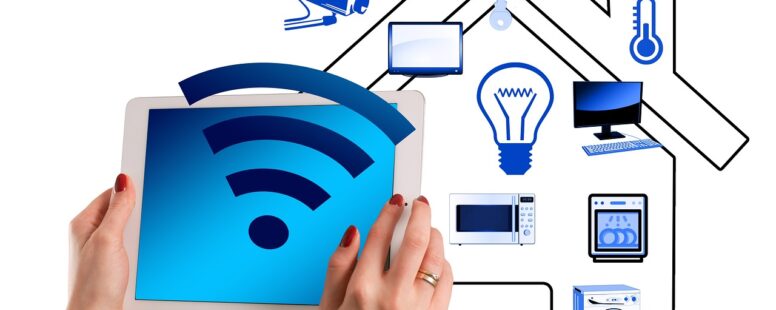
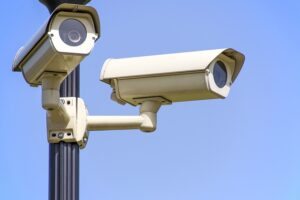

 Home security systems can be customized to meet your specific needs. This means that you can choose which features are right for you, ensuring that you get the most out of your system. By installing a home
Home security systems can be customized to meet your specific needs. This means that you can choose which features are right for you, ensuring that you get the most out of your system. By installing a home 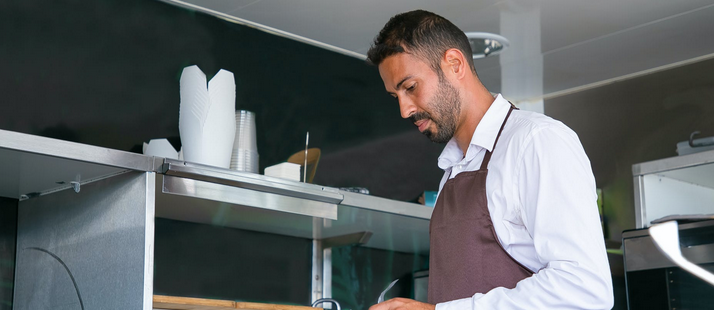
 It is undoubtedly the most crucial question to ask when hiring a private chef. The cost of services can vary greatly, so it’s important to know what you’re comfortable spending. Keep in mind that private chefs typically charge by the hour, so the more people you have coming over, the higher the cost.
It is undoubtedly the most crucial question to ask when hiring a private chef. The cost of services can vary greatly, so it’s important to know what you’re comfortable spending. Keep in mind that private chefs typically charge by the hour, so the more people you have coming over, the higher the cost.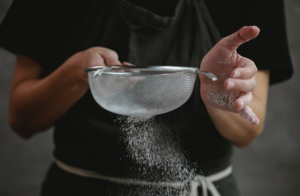 This is another crucial question to ask. Some chefs prefer to cook food in your home, while others may bring their equipment and prepare it elsewhere. It’s important to know what to expect ahead of time so there are no surprises.
This is another crucial question to ask. Some chefs prefer to cook food in your home, while others may bring their equipment and prepare it elsewhere. It’s important to know what to expect ahead of time so there are no surprises.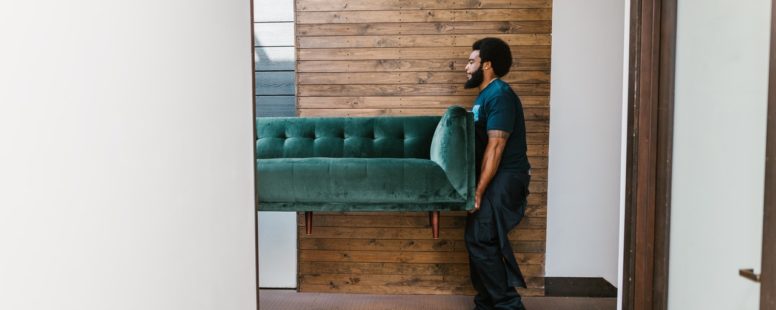
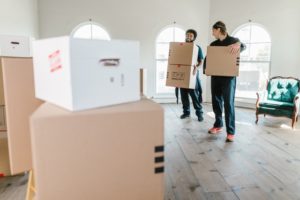 If you want to move a lot of furniture and belongings to your new home, you will need a large truck or container. But if you have fewer items, it might be more feasible (and cost-effective) to ship them by air cargo. When shipping by sea, the container you choose is essential because the more significant the container, the higher the shipping costs. When packing, be sure to consider the size of your items and how many you have. It will help you determine what type of container or truck is necessary for your move. Trying to fit too many things into a small container can cause damage during transport.
If you want to move a lot of furniture and belongings to your new home, you will need a large truck or container. But if you have fewer items, it might be more feasible (and cost-effective) to ship them by air cargo. When shipping by sea, the container you choose is essential because the more significant the container, the higher the shipping costs. When packing, be sure to consider the size of your items and how many you have. It will help you determine what type of container or truck is necessary for your move. Trying to fit too many things into a small container can cause damage during transport.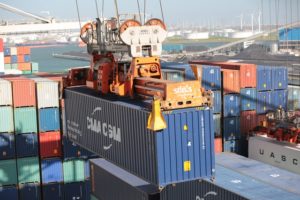 Whether you are moving by sea or air, it’s essential to consider the best way to ship your belongings. For example, suppose you’re shipping furniture that cannot easily fit into a standard storage container (e.g., bulky antique armoires). In that case, air cargo is probably not an option because these items must go via boat. Similarly, suppose you are shipping many small things. In that case, it might be more efficient (and affordable) to use an express courier service instead of renting a container or hiring a truck.
Whether you are moving by sea or air, it’s essential to consider the best way to ship your belongings. For example, suppose you’re shipping furniture that cannot easily fit into a standard storage container (e.g., bulky antique armoires). In that case, air cargo is probably not an option because these items must go via boat. Similarly, suppose you are shipping many small things. In that case, it might be more efficient (and affordable) to use an express courier service instead of renting a container or hiring a truck.
 You Have a Fewer Stuff to Move
You Have a Fewer Stuff to Move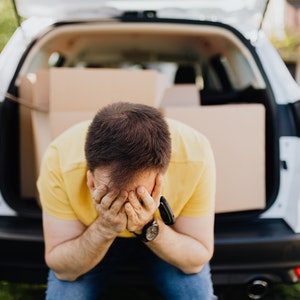 You must have spent a lot already. When you started looking for a new place, the costs may have piled up. Undoubtedly, you will be spending more when you are at your new home. It will surely help cut on the cost if you do hire assistants to load and unload your belongings. You can save on money to use to purchase things you need in your new home.
You must have spent a lot already. When you started looking for a new place, the costs may have piled up. Undoubtedly, you will be spending more when you are at your new home. It will surely help cut on the cost if you do hire assistants to load and unload your belongings. You can save on money to use to purchase things you need in your new home.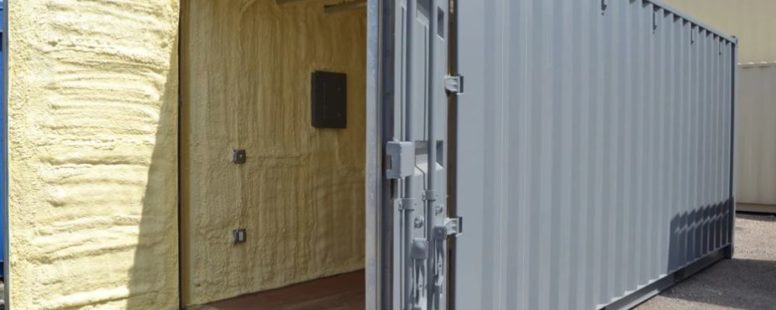
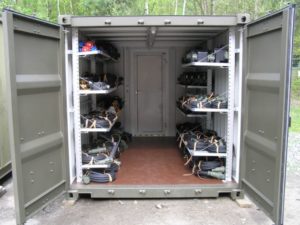 Storage containers are an ideal storage solution, especially for homes and businesses that regularly face storage needs. They are used to safely store materials, merchandise, or environmentally sensitive products such as chemicals.
Storage containers are an ideal storage solution, especially for homes and businesses that regularly face storage needs. They are used to safely store materials, merchandise, or environmentally sensitive products such as chemicals.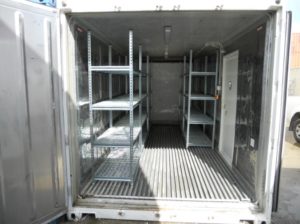 can be stacked to save space when transporting or storing goods. They serve as protection for the various products stored thanks to a secure closure system. Some distributors offer storage container rental services for occasional storage needs, such as for the storage of equipment on a construction site or house items.
can be stacked to save space when transporting or storing goods. They serve as protection for the various products stored thanks to a secure closure system. Some distributors offer storage container rental services for occasional storage needs, such as for the storage of equipment on a construction site or house items.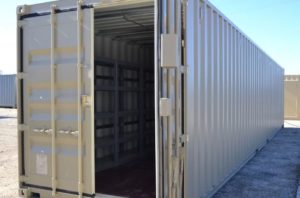 containers vary in their size. You should look for one that meets your storage needs. If you have more home items, you should look for a bigger size. You should also make sure the container you choose is of the right quality to keep your things safe.…
containers vary in their size. You should look for one that meets your storage needs. If you have more home items, you should look for a bigger size. You should also make sure the container you choose is of the right quality to keep your things safe.…
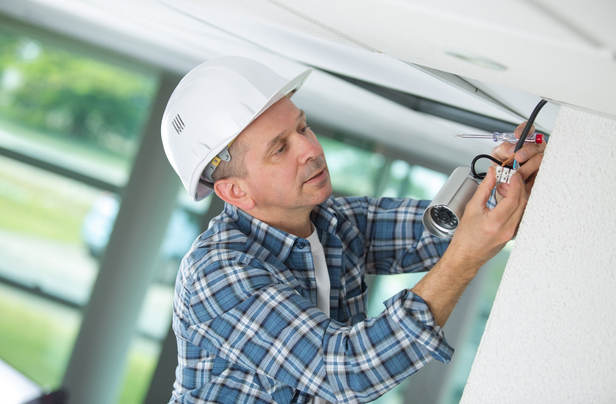 It is essential to know where you will place your hidden camera. Whether you choose to place your hidden camera outdoor or indoors depends on what area you want the surveillance. Consider choosing a location that is not easily noticeable in your business, such as smoke detectors and a wall clock. If you select an area that won’t attract suspicion, it is more accessible to covert operations. Outdoor surveillance needs a floodlight to see what is happening in your business efficiently and is the best surveillance solution to monitor your job.
It is essential to know where you will place your hidden camera. Whether you choose to place your hidden camera outdoor or indoors depends on what area you want the surveillance. Consider choosing a location that is not easily noticeable in your business, such as smoke detectors and a wall clock. If you select an area that won’t attract suspicion, it is more accessible to covert operations. Outdoor surveillance needs a floodlight to see what is happening in your business efficiently and is the best surveillance solution to monitor your job.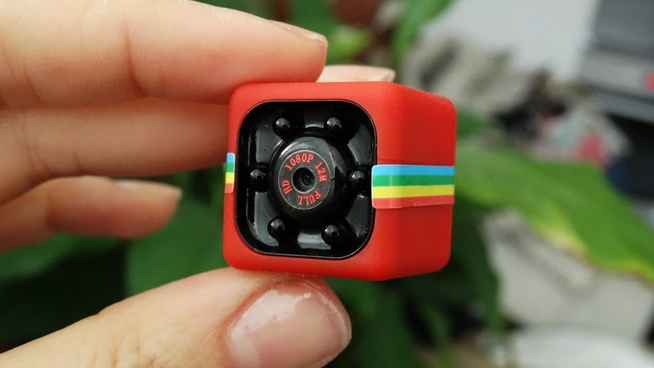 If you need to capture recording or images in the dark, you need a spy camera with features that enable you to see what happens in the dark. Hidden cameras built in infrared light are perfect in providing enough light to view images in dark areas. Spy cameras with a digital day or night features will improve low light sensitivity and captures images in common light conditions. Spy cameras with digital night vision features enable you to record videos in low-light areas.
If you need to capture recording or images in the dark, you need a spy camera with features that enable you to see what happens in the dark. Hidden cameras built in infrared light are perfect in providing enough light to view images in dark areas. Spy cameras with a digital day or night features will improve low light sensitivity and captures images in common light conditions. Spy cameras with digital night vision features enable you to record videos in low-light areas.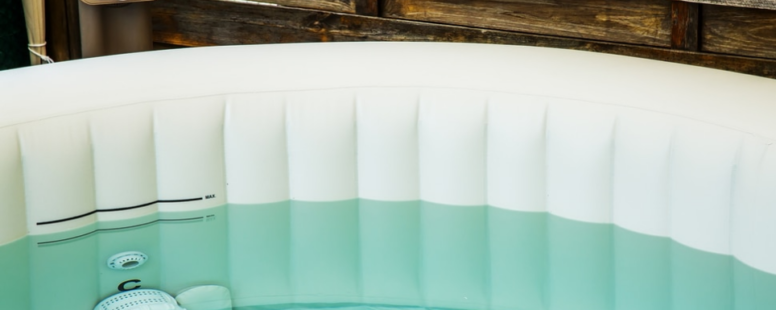
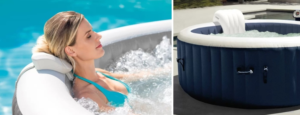 If a product or device is built for portability, there are various benefits one can expect. For instance, if you plan to move to a new home or go camping, an inflatable hot tub allows you to carry it with you. Additionally, you can place it indoors or outdoors, depending on your preference. Setting up the tub takes around ten minutes, and the process is straightforward. Inflatable hot tubs take up less space and can fit in any garden size.
If a product or device is built for portability, there are various benefits one can expect. For instance, if you plan to move to a new home or go camping, an inflatable hot tub allows you to carry it with you. Additionally, you can place it indoors or outdoors, depending on your preference. Setting up the tub takes around ten minutes, and the process is straightforward. Inflatable hot tubs take up less space and can fit in any garden size.
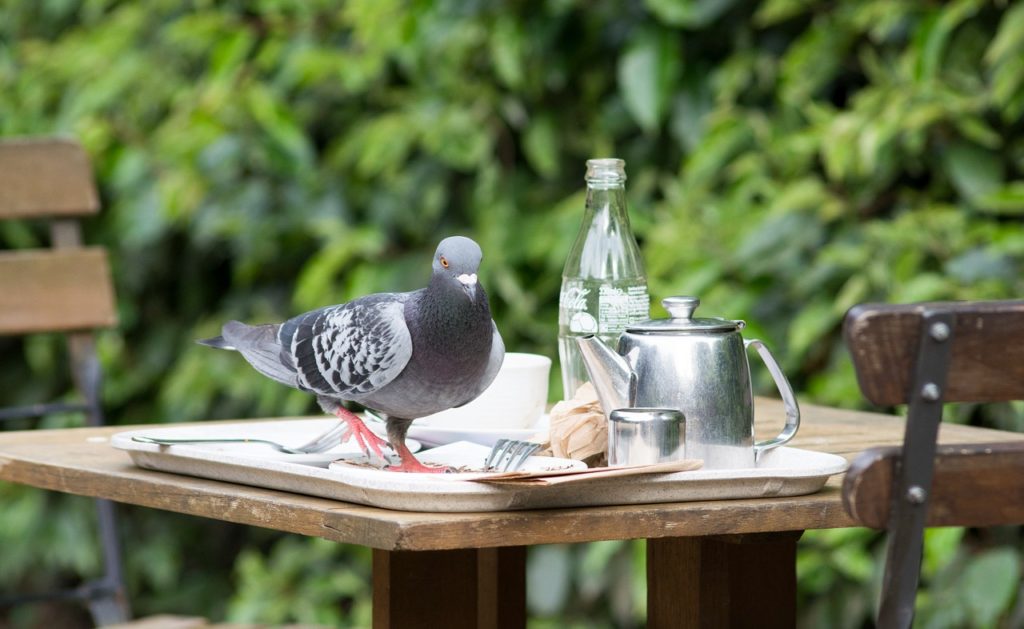



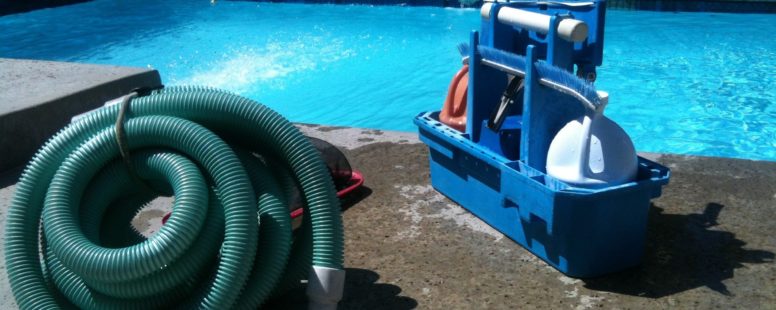
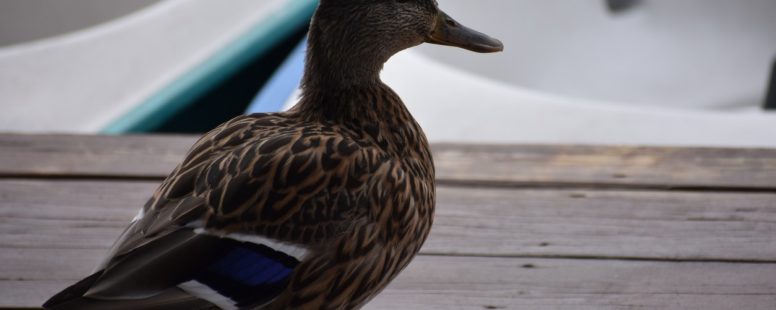
 keeping away birds is advisable because some birds are predators. We have birds that might be predators to small animals in your home. In case you have a fish pond in your home, it is advisable to keep the birds away.
keeping away birds is advisable because some birds are predators. We have birds that might be predators to small animals in your home. In case you have a fish pond in your home, it is advisable to keep the birds away.
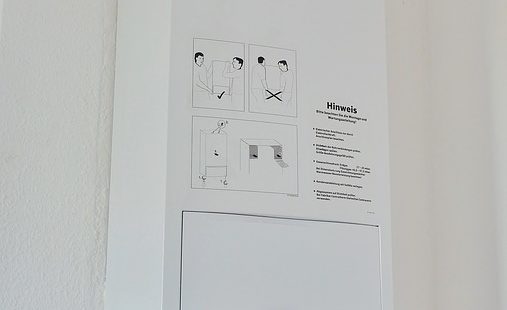
 Save More Money
Save More Money
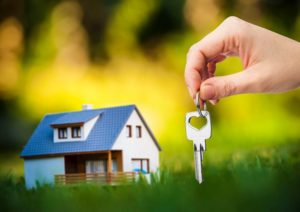 for this job. They must have been certified by the relevant authorities or registered with a known agency. They should also be experienced in this task. The period they one has been in this industry will help you settle for the best.
for this job. They must have been certified by the relevant authorities or registered with a known agency. They should also be experienced in this task. The period they one has been in this industry will help you settle for the best.  you to own a house. A deposit is one of the things many will ask for. You should have the right documents and also clear all the loans that can stop you from owning that house. Your agent will guide you on several other things that might be required.…
you to own a house. A deposit is one of the things many will ask for. You should have the right documents and also clear all the loans that can stop you from owning that house. Your agent will guide you on several other things that might be required.…
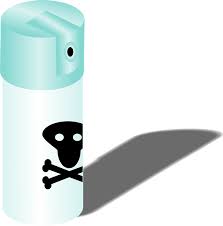
 Pest control experts can come up with a specific plan for bedbug extermination in your home. The plan will take into account the level of infestation and size of your home. This means that the job gets done effectively without using more resources than what is needed.
Pest control experts can come up with a specific plan for bedbug extermination in your home. The plan will take into account the level of infestation and size of your home. This means that the job gets done effectively without using more resources than what is needed.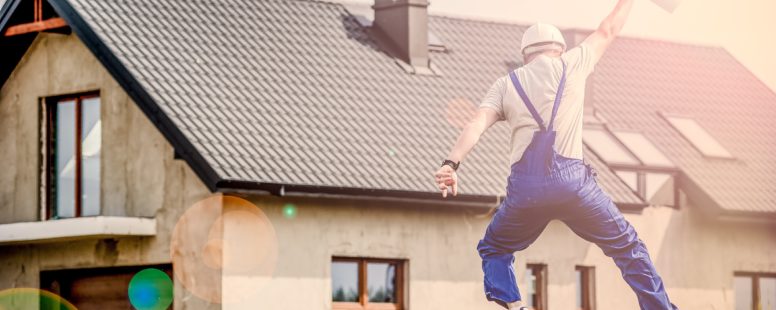
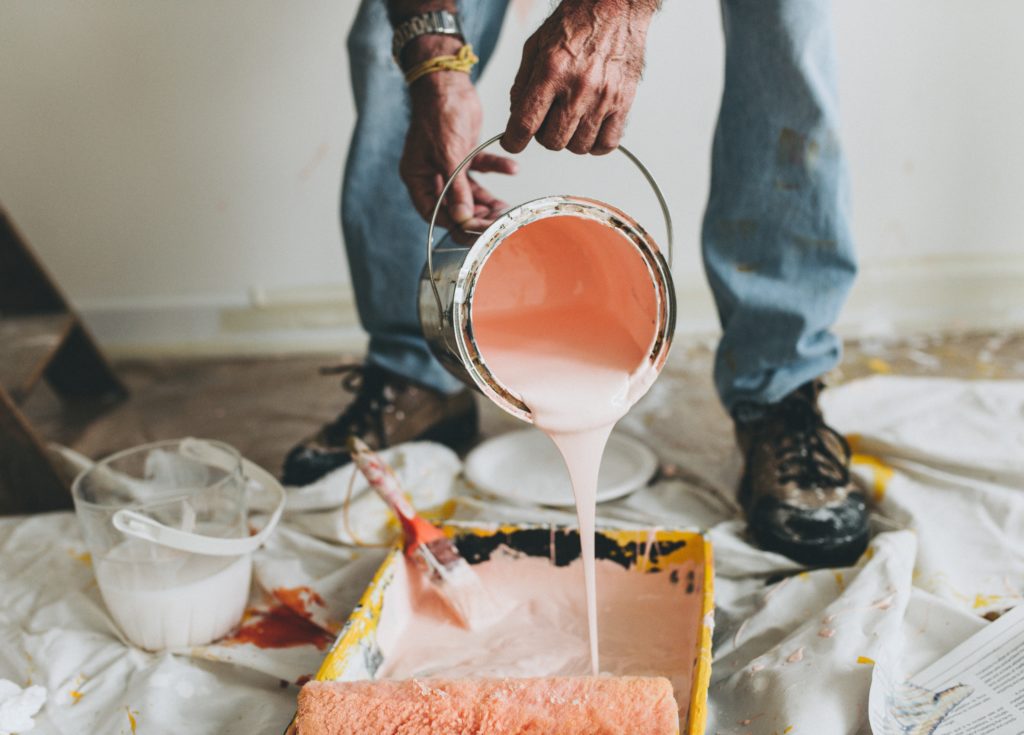
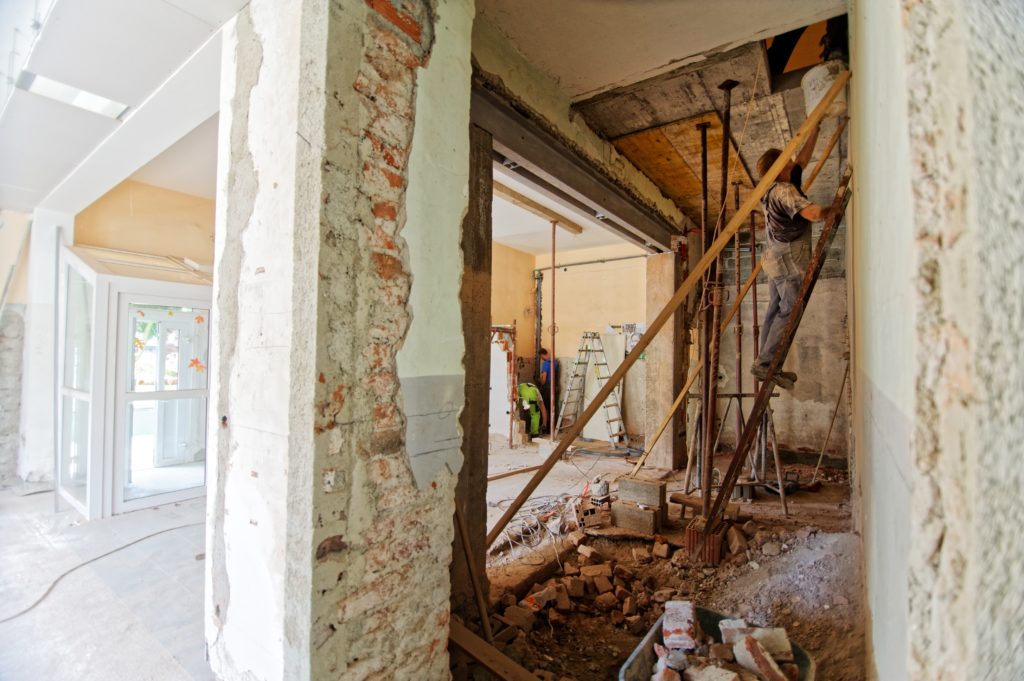
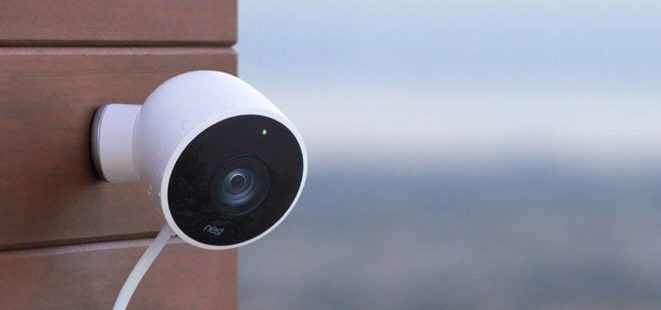
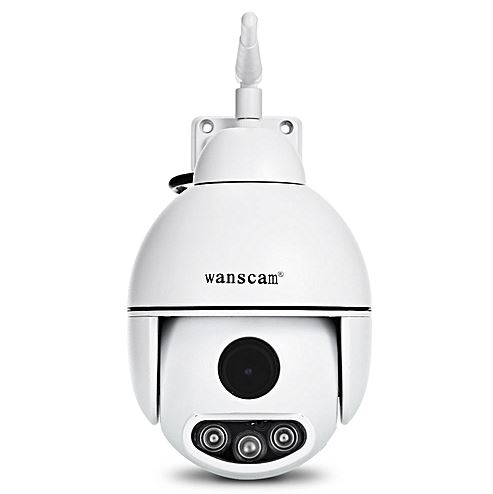 Easy Installation
Easy Installation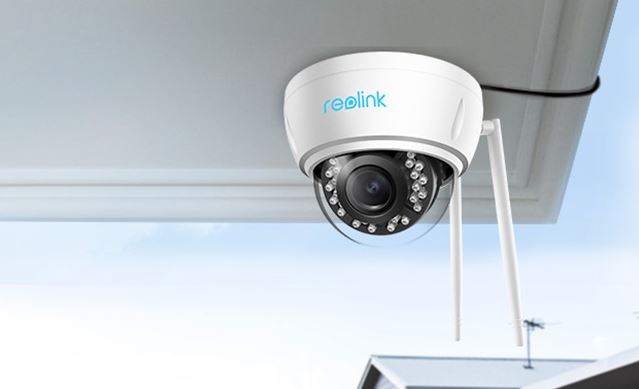 Wireless security cameras are also easy to remove or uninstall compared to the other type. This is an excellent option for those who are always on the move or have rented a particular house because you will remove them with ease whenever you are moving to another place. You should buy the wireless surveillance cameras and enjoy all these benefits.…
Wireless security cameras are also easy to remove or uninstall compared to the other type. This is an excellent option for those who are always on the move or have rented a particular house because you will remove them with ease whenever you are moving to another place. You should buy the wireless surveillance cameras and enjoy all these benefits.…

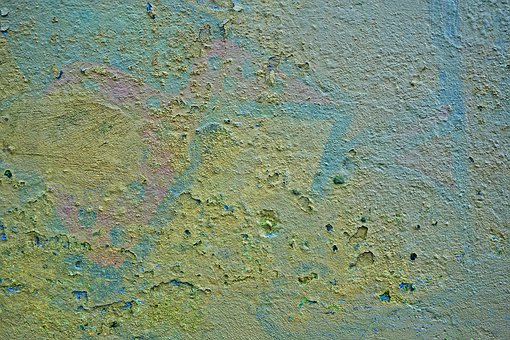
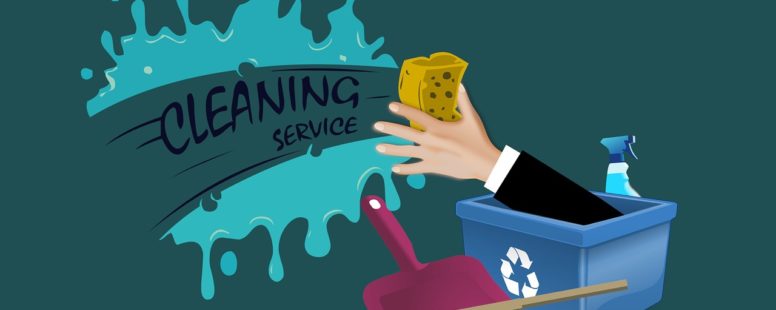
 Once you have made a decision to hire cleaning services, you will want to contact the customer services to inquire on various aspects before hiring. You can learn a lot about a cleaning company through customer services and how the staff is handling problems. You will want to work with a company with friendly and professional staff. The company should also provide working contact information that you can reach any time you need the cleaning services. The company should also take their time to listen to your specification before they begin cleaning. Similarly, you need a company that is concerned about ensuring you receive quality services and meet your cleaning needs.
Once you have made a decision to hire cleaning services, you will want to contact the customer services to inquire on various aspects before hiring. You can learn a lot about a cleaning company through customer services and how the staff is handling problems. You will want to work with a company with friendly and professional staff. The company should also provide working contact information that you can reach any time you need the cleaning services. The company should also take their time to listen to your specification before they begin cleaning. Similarly, you need a company that is concerned about ensuring you receive quality services and meet your cleaning needs.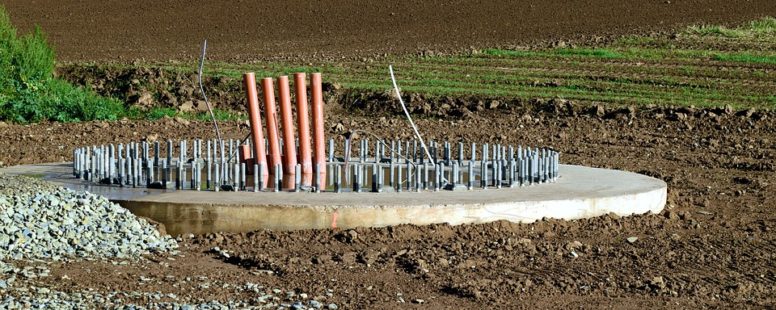
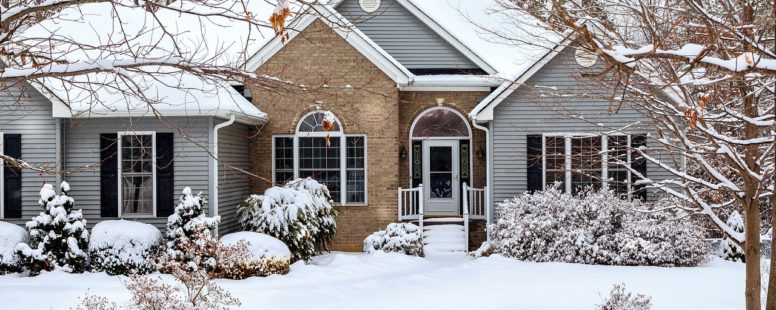
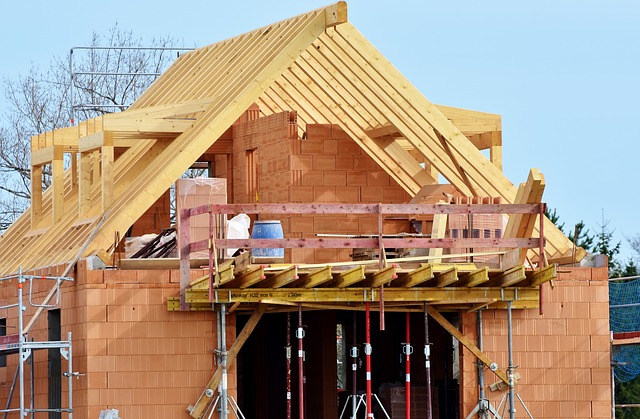 By the time you of your first meeting with a custom house company of your choice until they start with the groundworks, you shall be sitting at the center of the meeting room during every meeting giving all your preferences and design of your house. Every detail will be noted until a draft is ready for your approval. When you don’t approve of the draft, they will have to revise it until you accept it.
By the time you of your first meeting with a custom house company of your choice until they start with the groundworks, you shall be sitting at the center of the meeting room during every meeting giving all your preferences and design of your house. Every detail will be noted until a draft is ready for your approval. When you don’t approve of the draft, they will have to revise it until you accept it. When all is done, you go to the walk through before you move in. A walk through is necessary because it provides you to have a last final look before accepting the project as finished from your custom house company. With the walk through as the final inspection, you have to inspect a little closer to see unwanted details and let them remedied before you move in.
When all is done, you go to the walk through before you move in. A walk through is necessary because it provides you to have a last final look before accepting the project as finished from your custom house company. With the walk through as the final inspection, you have to inspect a little closer to see unwanted details and let them remedied before you move in.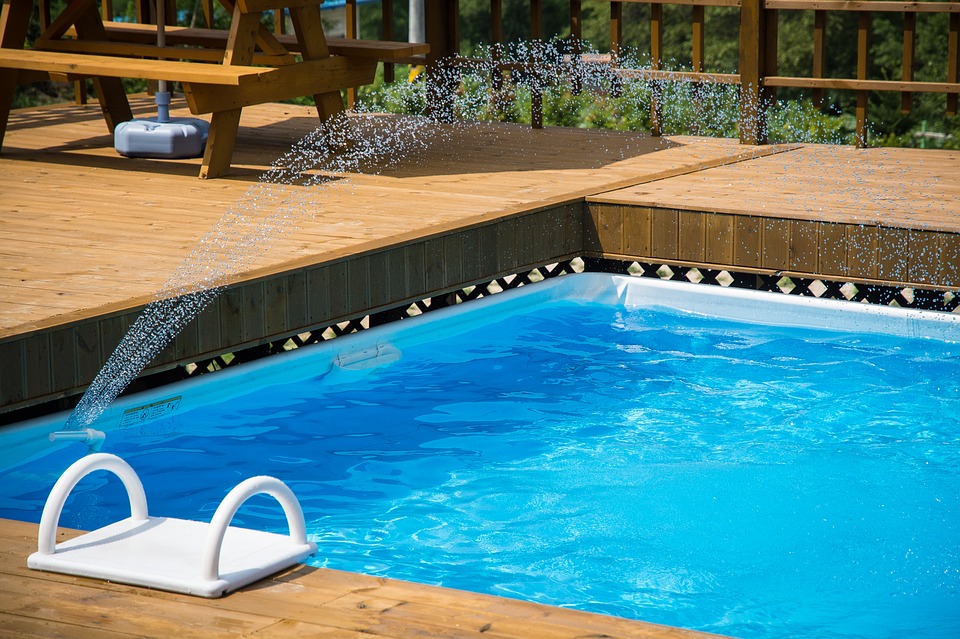
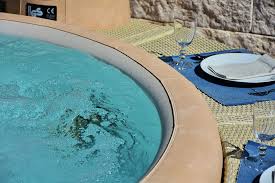 This refers to the pools that are halfway below the ground and halfway above the ground. They are a great option in places where the landscape is uneven, such as in mountainous regions. Their appearance is unique and can even give a false impression on the depth of the pool. Accessing them is quite easy where you can even seat on one edge and dangle the water with your feet.
This refers to the pools that are halfway below the ground and halfway above the ground. They are a great option in places where the landscape is uneven, such as in mountainous regions. Their appearance is unique and can even give a false impression on the depth of the pool. Accessing them is quite easy where you can even seat on one edge and dangle the water with your feet.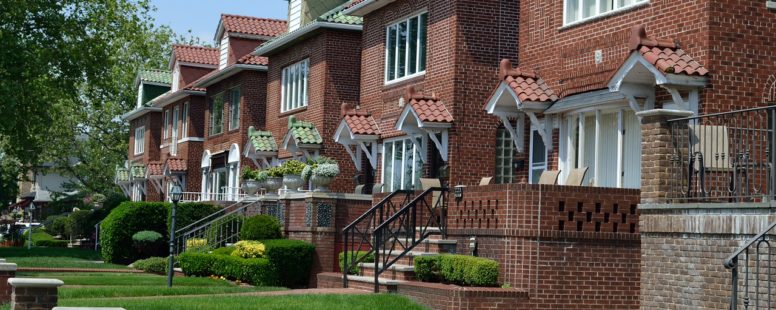
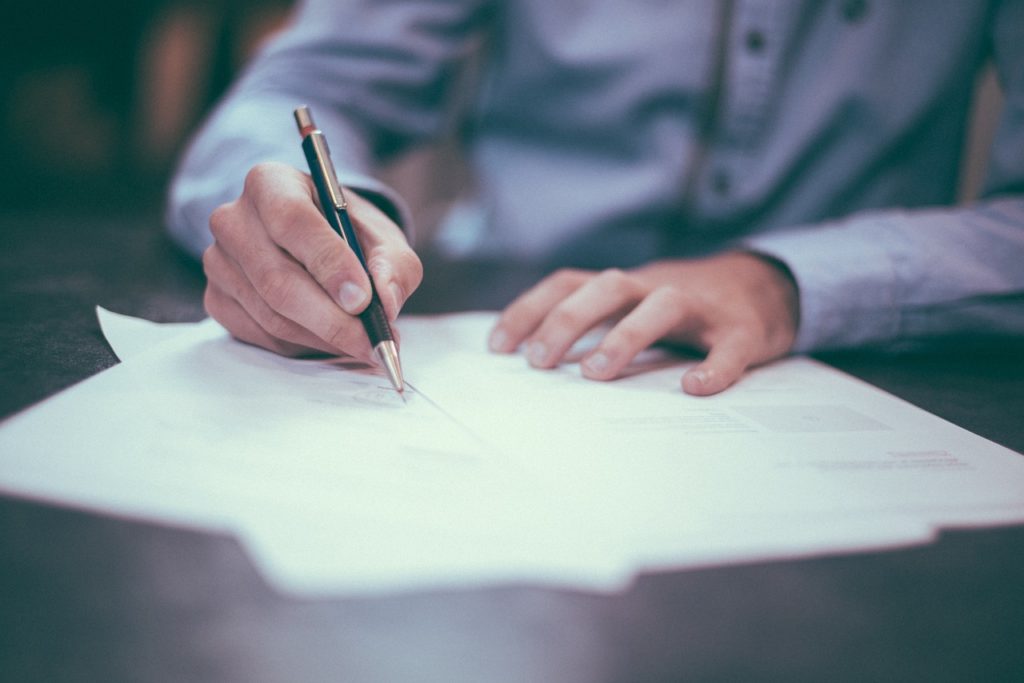 Before you yell at us that real estate agent costs money, hear us out first. Even though they cost money for their service, they’re helping us save money in the long run. Having a real estate agent has a lot of benefits when you’re looking for a house. First of all, they can search for a house or an apartment that fits our budget and specification, so no more hassle. Second, they can haggle the price for you, so if you’re not good at negotiation, then you’re safe. Lastly, you can also consult them whether the house that you’re going to buy is worth the money or not.
Before you yell at us that real estate agent costs money, hear us out first. Even though they cost money for their service, they’re helping us save money in the long run. Having a real estate agent has a lot of benefits when you’re looking for a house. First of all, they can search for a house or an apartment that fits our budget and specification, so no more hassle. Second, they can haggle the price for you, so if you’re not good at negotiation, then you’re safe. Lastly, you can also consult them whether the house that you’re going to buy is worth the money or not.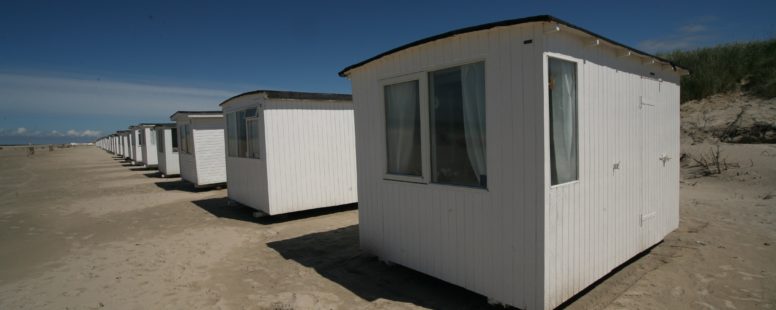
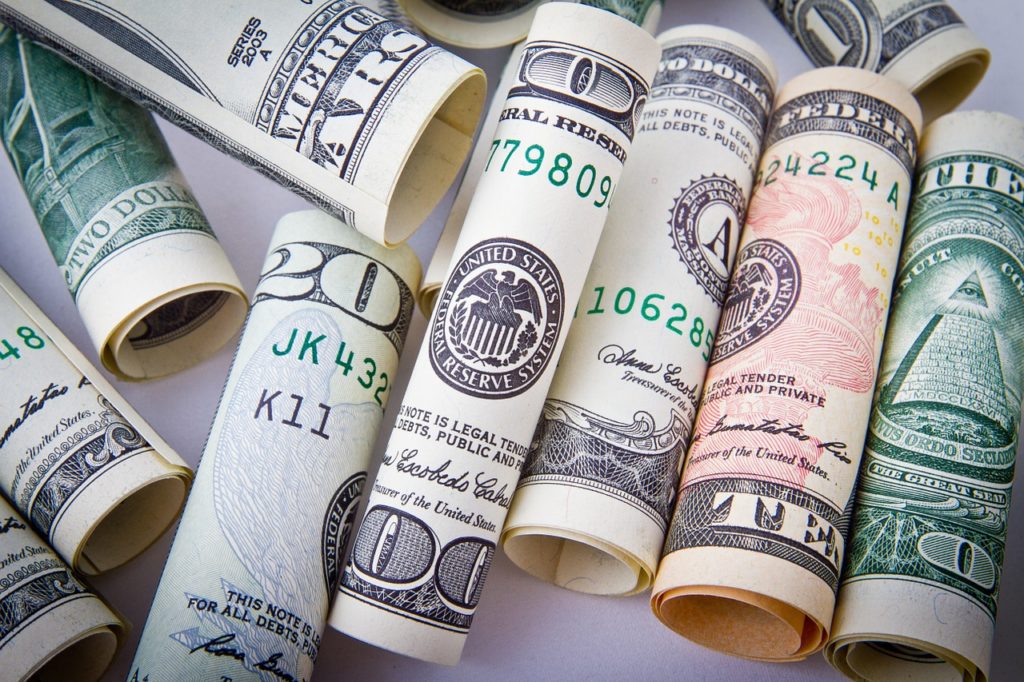 When you live in a tiny house, you’re saving a lot of money for yourself, as you’re downsizing and you’re restricted to having things that you need, not what you want, so you don’t have to worry about being a hoarder. You don’t have to worry about rent or any utility bills, this way you can save your money for other things such as education, travel and many more.
When you live in a tiny house, you’re saving a lot of money for yourself, as you’re downsizing and you’re restricted to having things that you need, not what you want, so you don’t have to worry about being a hoarder. You don’t have to worry about rent or any utility bills, this way you can save your money for other things such as education, travel and many more. If you’re concerned about nature and has always wanted to live green, then consider having a tiny house. They require less material to build and at the same time since they’re small you won’t need a lot of effort to heat the house when winter comes. And at the same time, you also require less solar panels on your roof, if you’re thinking to get one for your house. The best part is that a tiny house doesn’t use as much electricity than a regular house.
If you’re concerned about nature and has always wanted to live green, then consider having a tiny house. They require less material to build and at the same time since they’re small you won’t need a lot of effort to heat the house when winter comes. And at the same time, you also require less solar panels on your roof, if you’re thinking to get one for your house. The best part is that a tiny house doesn’t use as much electricity than a regular house.